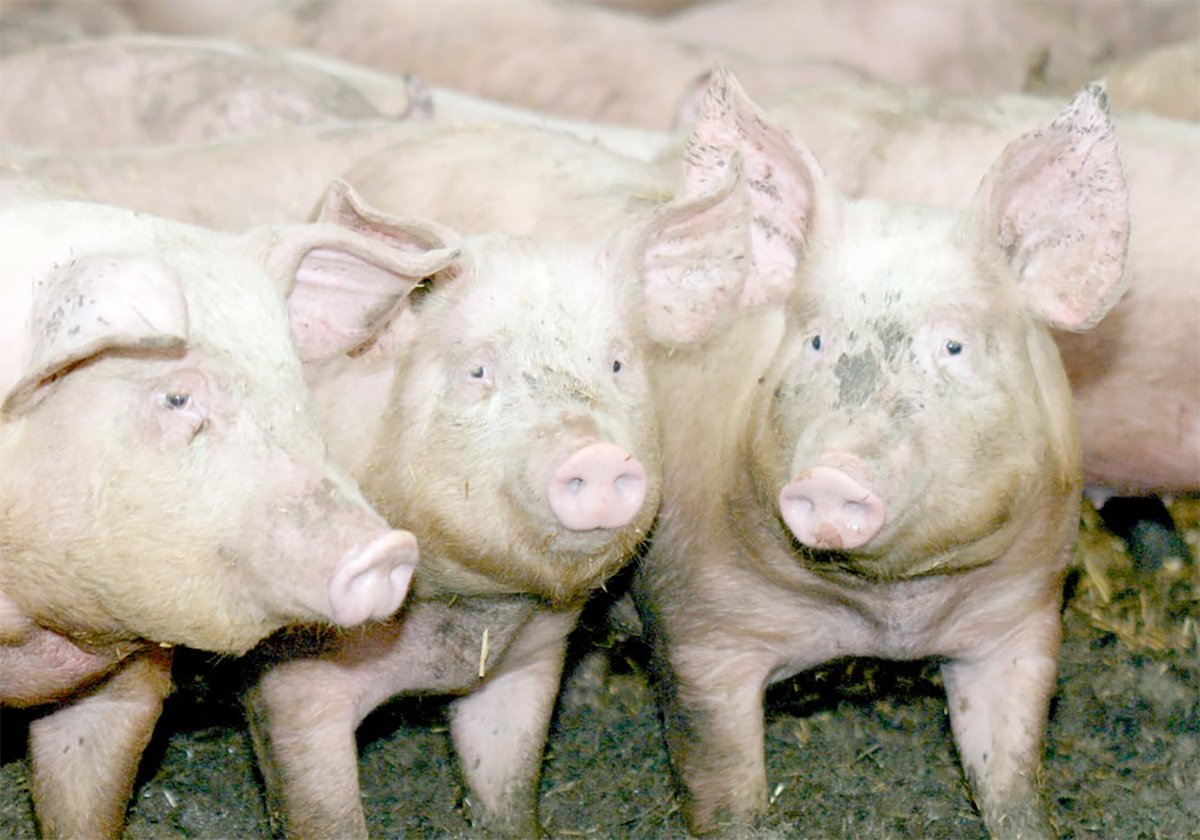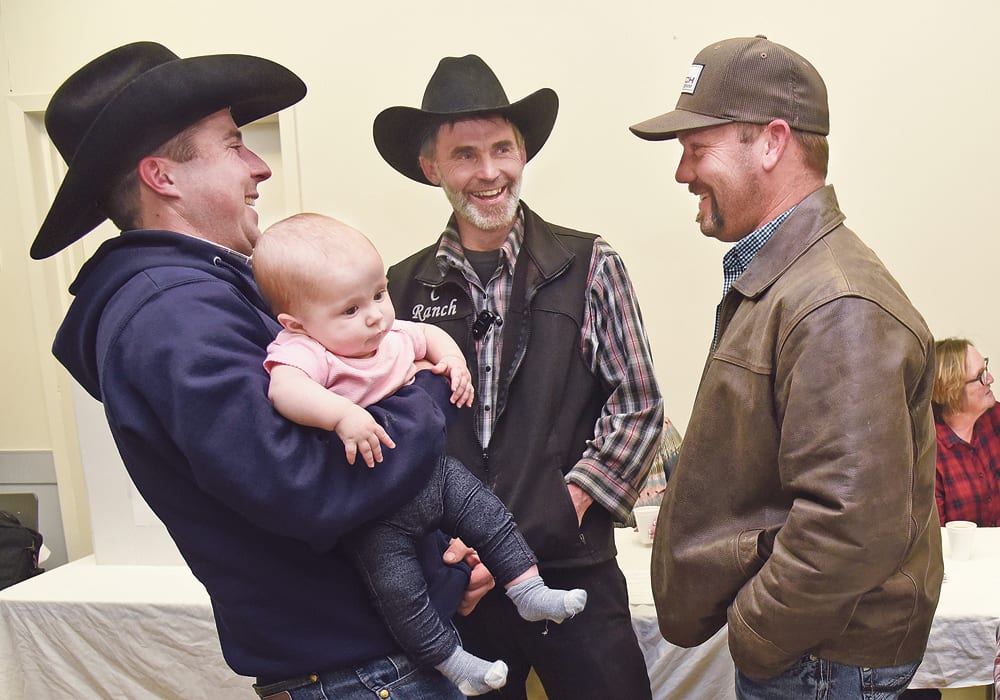Saskatchewan Cattlemen’s Association chief executive officer looks back at the positive developments of 2018
KINDERSLEY, Sask. — It has been a good year for Saskatchewan cattle producers, according to Saskatchewan Cattlemen’s Association chief executive officer Ryder Lee.
He listed changes to compensation, trade agreements and the opening of the new livestock and forage centre as positives during the Oct. 22 District 7 meeting in Kindersley.
Lee said compensation for calves lost to predators rose to $1,100 from $600, and the Western Livestock Price Insurance program was renewed for another five years.
“We’d like it to be permanent, but even having it here at all was a win for this five-year framework of programs that is called CAP (Canadian Agricultural Partnership),” he said.
Read Also

The Western Producer Livestock Report – November 13, 2025
Western Producer Livestock Report for November 13, 2025. See U.S. & Canadian hog prices, Canadian bison & lamb market data and sales insights.
Canada’s ratification of the Comprehensive and Progressive Agreement for Trans-Pacific Partnership (CPTPP) is near the final stages, and Lee said he is hopeful that Canada will be among the first six countries to ratify it, which would provide access to preferred markets.
He said the North American Free Trade Agreement renegotiation, which resulted in the U.S.-Mexico-Canada Agreement, did no harm to the cattle industry, “so our biggest export market is still intact.”
“There was some regulatory things that could have been improved that didn’t get done, but we’ll continue to work on (it).”
The recent opening of the Livestock and Forage Centre of Excellence near Clavet, Sask., involved producer levy funds from Saskatchewan through the SCA.
“A million dollars from cattle producers helped build a $38 million facility that’ll make sure that research into the cattle and forage industries happens in Saskatchewan,” Lee said.
“When we look at things that could grow the industry in Saskatchewan, there’s a lot of incremental things like research that we fund and all of that will go to improving operations.”
Lee said there was also progress for landowners surrounding trespass rules in the province, which now put the onus on visitors to show they have permission to be there.
“I’m hopeful that this can get to that spot where people who want to be on your land better be able to show that they’ve got some permission,” he said.
One of the main goals now is to increase irrigation capacity and feed crop production, especially in corn.
“When you look at what zero till has done, it’s taken a lot of acres away from cattle production that should have been cattle land that you couldn’t farm conventionally and make it pay,” he said.
“So that whole side of things, irrigation and feed crop production, we think really needs to be increased as a focus and as funding from both levels of government.
“It’s audacious type stuff and big projects like the south Qu’Appelle, the west side, that’s hundreds of thousands of acres under irrigation and that means value added. None of those acres grow enough without fertilizer, and that’s where the livestock fits into a lot of that.”
Lee said there is federal-provincial funding through CAP for on-farm and pasture projects.
The SCA also intends to continue pushing for quick federal announcements of tax deferrals in the event of adverse conditions.
About 60 producers attended the meeting. Paula Larson of D’Arcy was re-elected as director.
In District 5, incumbent Levi Hull was re-elected over challenger Adrienne Ivey. Other board members were acclaimed: District 2, Scott Greiner replaces Joe Jackson; District 3B, Keith Day; and District 9A, Arnold Balicki.
The new board takes over after the Jan. 18 SCA annual general meeting in Regina.
















